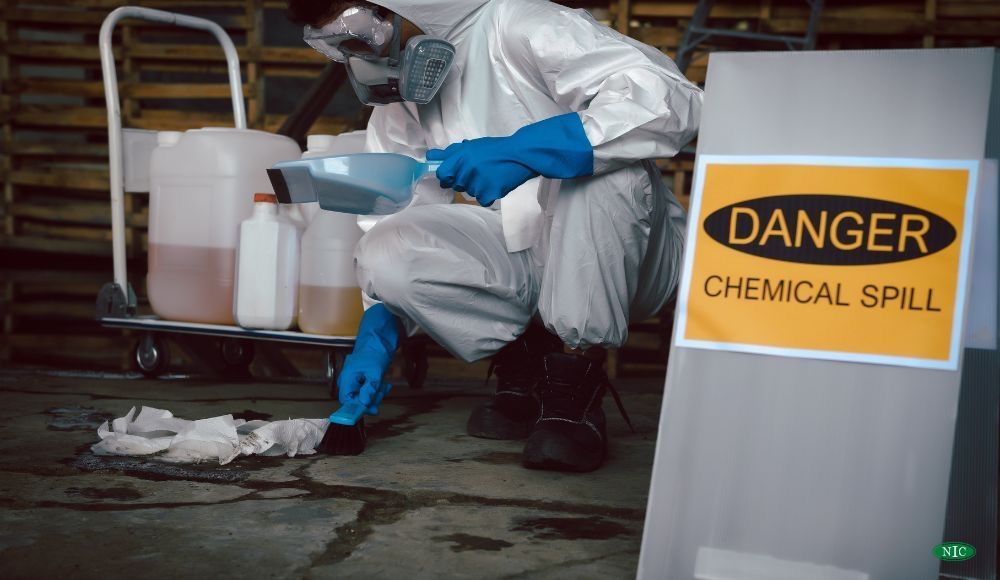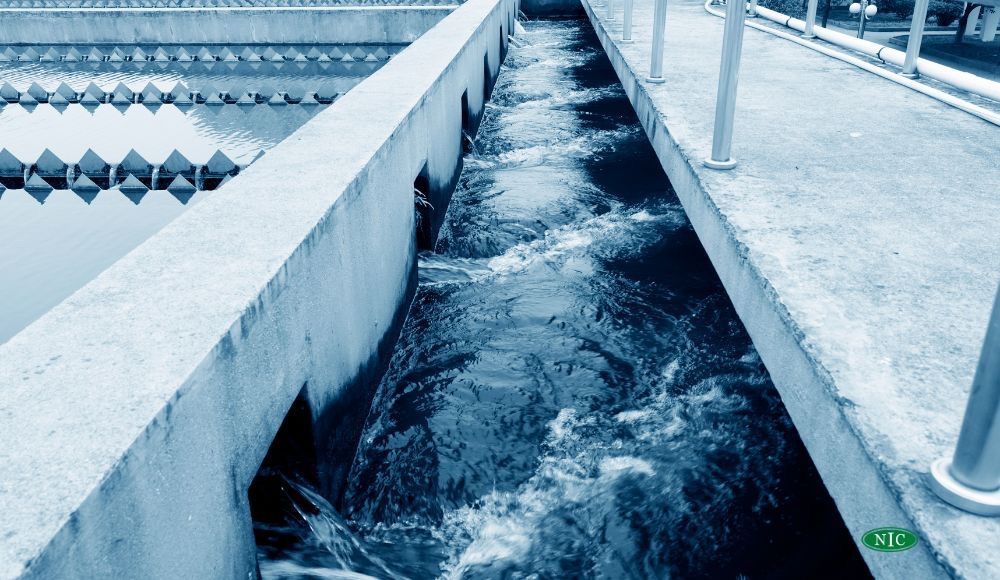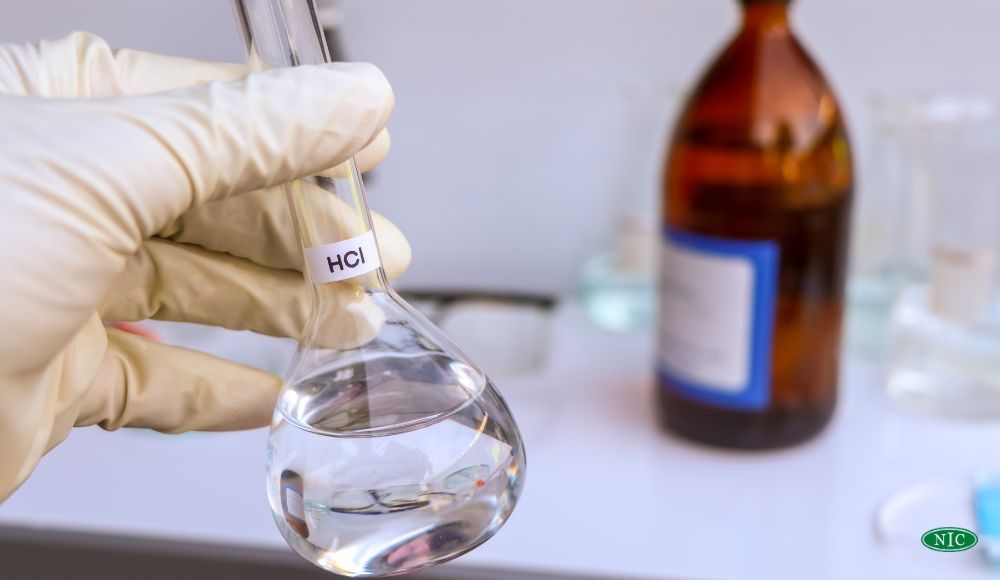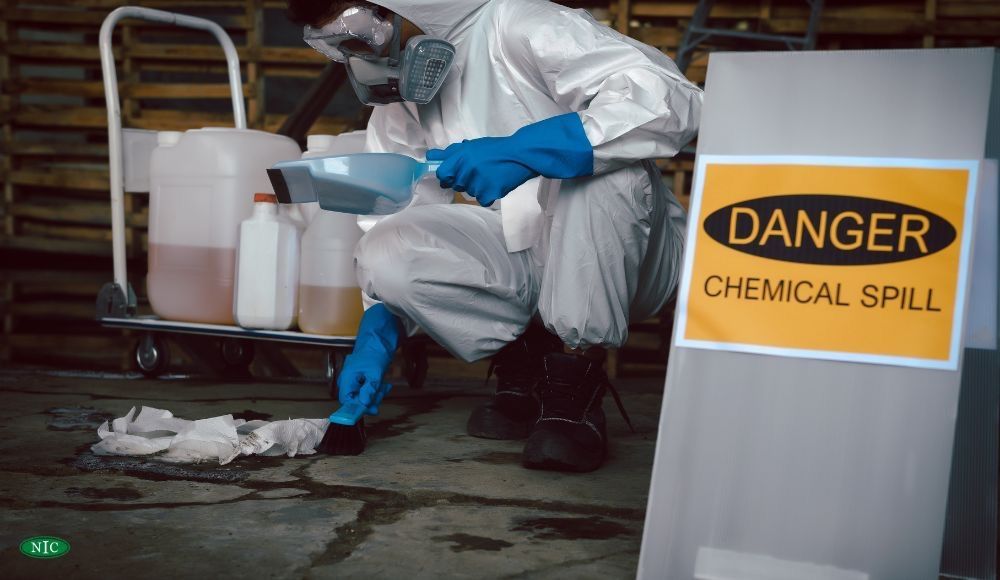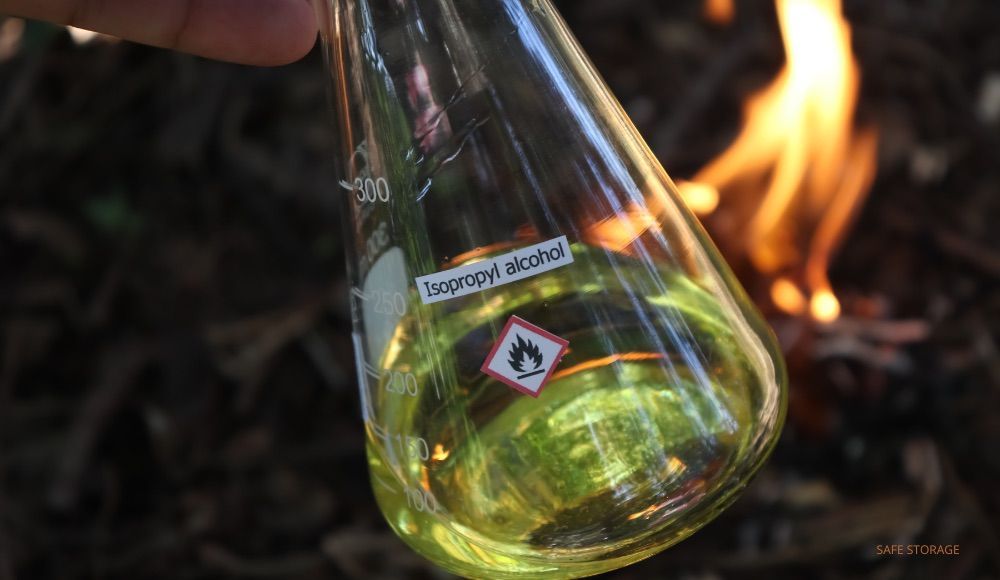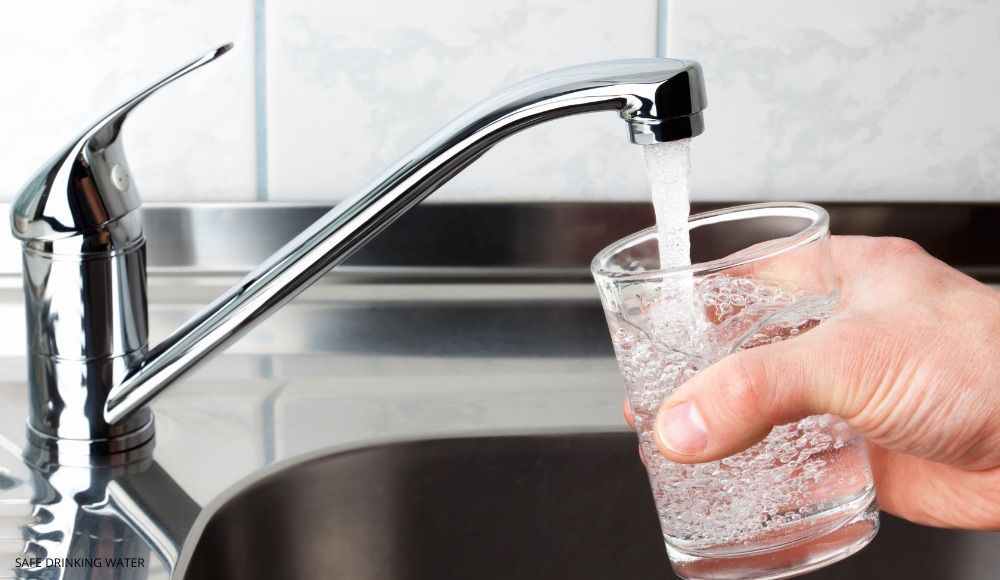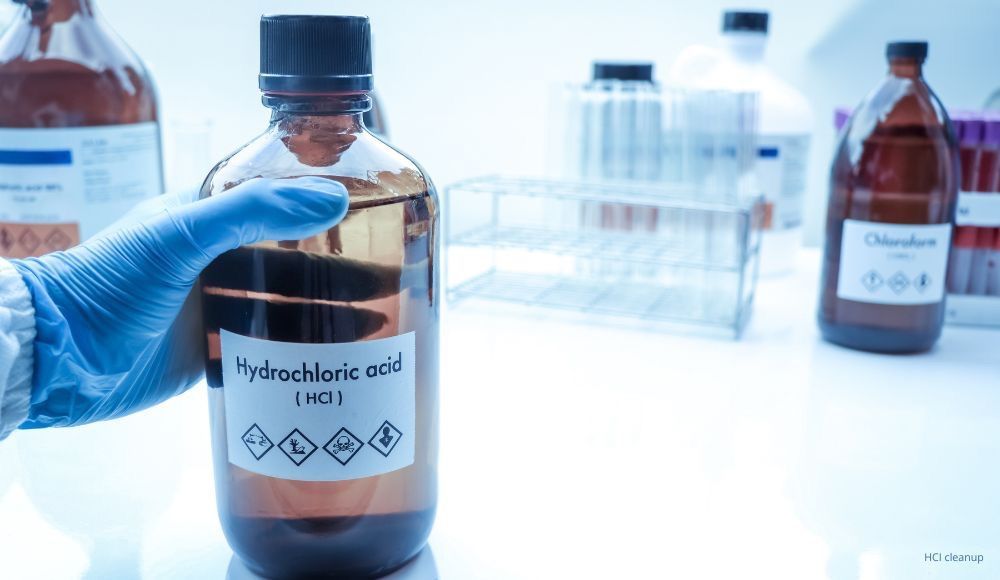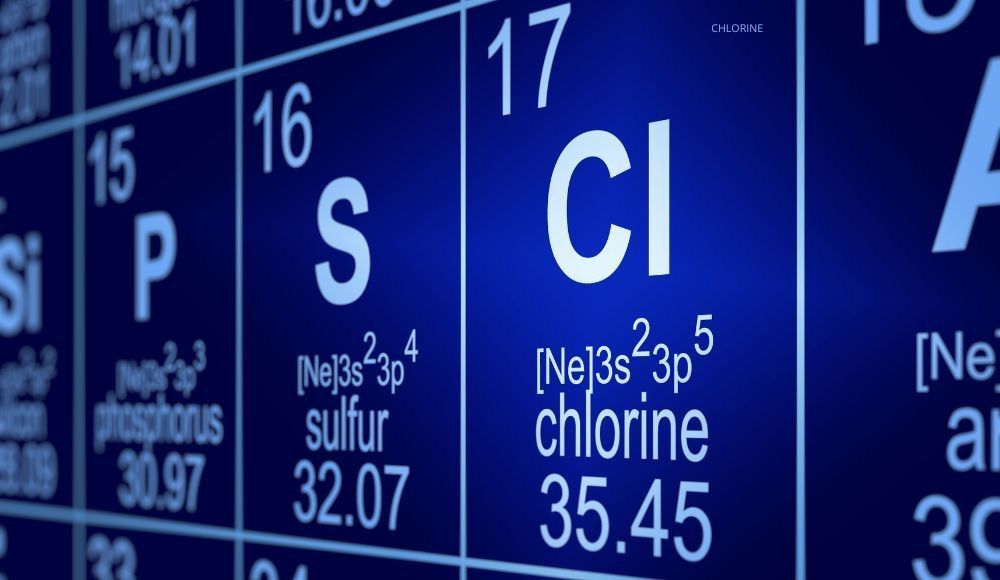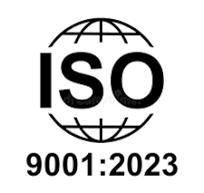Discover the Various Types of PPE for Optimal Chemical Safety
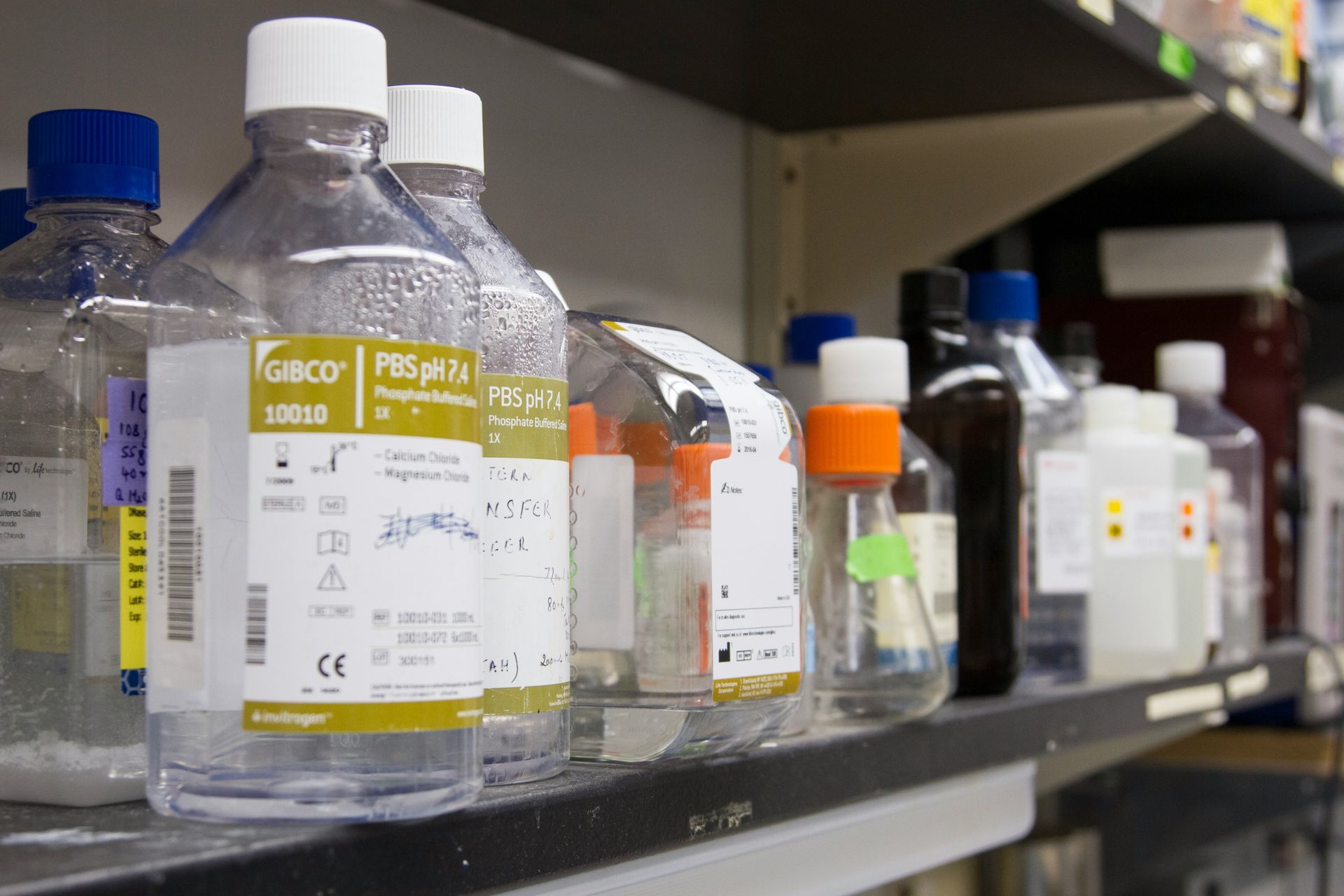
Getting chemicals splattered on your body is not a pleasant experience. Symptoms include peeling, burning, and itching, among others. Chemicals that enter your body through your airways can do even more damage, leading to violent coughing and choking reactions.
For these reasons, chemical PPE is essential. This post discusses the various PPE types you should consider for optimal chemical safety and the non-negotiable protective gear you should wear when handling dangerous substances.
Exploring the Various Types of PPE
Working with chemicals is inherently dangerous, so operatives and technicians should always use the appropriate PPE.
However, the types of PPE you should consider depend on your application. Some are more suitable than others. So, what items are considered PPE? Here’s a rundown of the essential PPE groupings and the options within them:
Eye Protection
Eye protection can take various forms, including:
● Full face shields that protect the eyes, face, hair, and even neck from chemical splattering
● Safety goggles that create an airtight seal around the eyes using an elastic headband
● Safety spectacles that are similar in shape to conventional glasses but with toughened or plastic lenses
Foot Protection
Safety footwear is also essential when handling chemicals and can include:
● Wellington boots that can resist chemicals
● Safety boots with chemical-resistance treatment
Gloves
Gloves protect the hands and forearms from coming into contact with dangerous chemical substances, including:
● Short gloves that protect the fingers, palms, and wrists
● Long gloves that cover the forearms and sometimes the upper arms
Most chemical-protective gloves are made of various forms of plastic, like polyvinyl chloride or rubber, such as nitrile, neoprene, butyl, and fluorocarbon.
Respiratory Protective Equipment
Finally, respiratory protective equipment is often necessary when handling chemicals to protect the airways from hazardous substances.
Respiratory equipment either:
● Supplies clean air from a tank directly to the wearer, eliminating reliance on environmental sources
● Filters clean air from the surrounding air when the wearer breathes in
The respiratory equipment you use depends on the chemicals you handle. Using air tanks is often safer when dealing with the most harmful substances since passive filters can’t remove all dangerous particles and fumes.
Essential PPE: 5 Must-Have Protective Gear
Here is a list of must-have protective gear for anyone working with chemicals:
1. Chemical-resistant footwear
Conventional footwear can struggle to resist some chemicals. Therefore, getting it on your feet is potentially dangerous.
By contrast, manufacturers design chemical-resistant boots to repel or resist the chemicals you use. Furthermore, they often have additional safety features, like steel toe caps and exceptional slip resistance.
2. Chemical-resistant clothing
Chemical-resistant clothing is another essential piece of PPE for anyone working with harmful or dangerous substances. These garments protect you from head to foot, preventing splashes from damaging your skin.
However, as with boots, you must choose garments with the correct chemical protection. Not all clothes can resist all the chemicals that you might encounter.
3. Respiratory protection
Airborne chemical handling also requires respiratory protection. These devices protect the lungs and airways from injury and ensure natural breathing.
Multiple chemicals can cause breathing problems, including ammonia, nitrogen oxides, chlorine gas, and pesticide fumes. Fine particles can also cause issues such as silica dust from sandblasting or asbestos fibers. Respirators filter out unwanted substances, while oxygen tanks eliminate any requirement to inhale environmental air.
4. Safety glasses
As discussed above, safety glasses are another essential piece of equipment. Reinforced and toughened lenses protect eyes from splashes and irritation-causing fumes.
Varying levels of safety eyewear are available. Use a face guard to cover your face for the most dangerous or reactive chemicals.
5. Chemical-resistant gloves
Finally, having chemical-resistant gloves in your PPE wardrobe is essential. These protect your hands while you manipulate, pour, or decant substances.
Manufacturers make chemical-resistant gloves to various standards, with products
Understanding PPE: Practical Applications
PPE used when handling chemicals depends on the application. Different types of protection are necessary, depending on the situation. Furthermore, PPE requires complementary activities and behaviors to be fully effective.
Before putting on PPE, operatives and technicians should consult the chemical’s Safety Data Sheet (SDS). This documentation details specific hazards, improving PPE choice.
Operatives should also use targeted protection. For example, corrosive liquid substances require heavy-duty gloves, or perhaps two layers of chemical resistance for additional safety.
Industrial Chemicals and SDS Available Here
If you require assistance with industrial chemicals, call our team. North Industrial Chemicals can supply you with the inputs you require along with the related safety data sheets.
